Drug Driving
The offence of Drug Driving is found in section 111 of the Road Transport Act 2013 (NSW) which deems a person guilty if they to drive, occupy the driving seat and attempt to put a vehicle in motion, or supervise an L-plater, while there is present in his/her oral fluid, blood or urine any prescribed illicit drug. A prescribed illicit drug can include Cannabis, Methamphetamine, Ecstasy and Cocaine.
Expert Drug Driving Defense Lawyers in NSW
In New South Wales (NSW), drug driving charges typically fall into two categories: driving under the influence and driving with an illicit substance in your system. The former involves driving while affected by drugs, while the latter pertains to having drugs detected in your system, regardless of impairment.
With an increasing number of motorists facing drug driving charges annually in NSW, it’s crucial to have expert legal representation. At the Barsha Defence Lawyers, we specialize in defending clients against drug driving charges.
Understanding DUI Charges and Implications
Driving under the influence (DUI) occurs when a person operates a motor vehicle while under the influence of drugs. Unlike alcohol-related charges, DUI charges may not require a valid breath test or blood sample for prosecution. Instead, observations by police or witnesses regarding driving behavior, appearance, and other factors can contribute to the charge.
For charges related to having an illicit substance in your system, roadside drug tests are commonly used to detect the presence of drugs. These tests don’t measure impairment but simply detect the presence of certain illicit substances.
Penalties and Legal Consequences
Penalties for drug driving offenses in NSW vary depending on factors such as the specific charge and whether it’s a first or subsequent offense. Penalties can include fines, license suspensions, and even imprisonment for repeat offenses.
It’s essential to understand the potential consequences of a drug driving charge, including the impact on your criminal record and driving privileges. Seeking legal representation from a qualified drug driving lawyer can help you navigate the legal process and explore options such as a section 10 dismissal.
Challenging a Penalty Notice
If you receive a penalty notice for drug driving and wish to contest it, it’s important to consider the potential outcomes carefully. While contesting a notice is an option, success rates can vary, and there’s a risk of increased fines or license disqualification if the matter goes to court.
Defenses for drug driving charges may include challenging the validity of test results, demonstrating a legitimate medical reason for drug presence, or proving an honest mistake regarding drug ingestion.
Roadside Drug Testing (RDT) in NSW
Roadside Drug Testing (RDT) has been conducted in NSW since 2007, aimed at detecting drugs in drivers’ systems. While RDT aims to improve road safety, its effectiveness in reducing accidents and fatalities related to drug driving is still under scrutiny.
Despite the introduction of RDT, the number of people charged with drug driving has increased, highlighting the importance of understanding your rights and legal options if facing such charges.
You could be charged with Drug Driving if you:
- Get in your vehicle and drive while there is cocaine present in your blood
- Supervise an L-Plater while there is cannabis present in your blood or oral fluid.
Since this offence is dealt with in the criminal jurisdiction, the burden of proof for establishing this offence rests solely with the Prosecution.
The prosecution must prove the following beyond reasonable doubt:
- You have driven a vehicle; or
- Occupied the driver’s seat of a vehicle and attempt to put the vehicle in motion; or
- Occupied the passenger seat of a car while a learner driver is driving; and
- Have a prescribed illicit drug present in your oral fluid, blood or urine.
- Fine of $2,200.00; and/or
- Automatic Disqualification: 6 months
- Minimum Disqualification: 3 months
- Maximum Disqualification: 6 months
The maximum penalties for Drug Driving in NSW (second or subsequent offence) are:
- Fine of $3,300.00; and/or
- Automatic Disqualification: 12 months
- Minimum Disqualification: 6 months
- Maximum Disqualification: Unlimited
- Negotiate with prosecutors to withdraw or amend the charges.
- Plead not guilty to the charges and present a case at a Hearing/Trial to challenge the prosecution’s case.
- Plead guilty to the charges but dispute the facts alleged at a “disputed facts hearing”.
- Plead guilty to the charges and the facts at a Sentencing hearing with an objective to obtain the most lenient penalty available.
If you agree that you have committed the offence and/or the police are able to establish the offence, it is best to plead guilty at the earliest possible opportunity to receive the maximum discount. The maximum discount available for an early plea of guilty is 25% of the sentence the Court is minded to impose.
Generally, if you are guilty of an offence and would like to avoid a criminal conviction, it is preferable that you enter a plea of guilty at the earliest opportunity.
Have you been charged with Drug Driving?
Have you found yourself facing drug driving charges? Don’t navigate this complex legal situation alone. Our team of top traffic lawyers in Sydney is dedicated to providing expert legal guidance and support tailored to your needs. With our help, you can keep your license, avoid a criminal conviction, and safeguard your future. Contact us now to schedule your first free consultation and take the first step towards building a strong defense.
Don’t let drug driving charges jeopardize your future. Contact us today for a free consultation with the best traffic lawyers in Sydney!”
